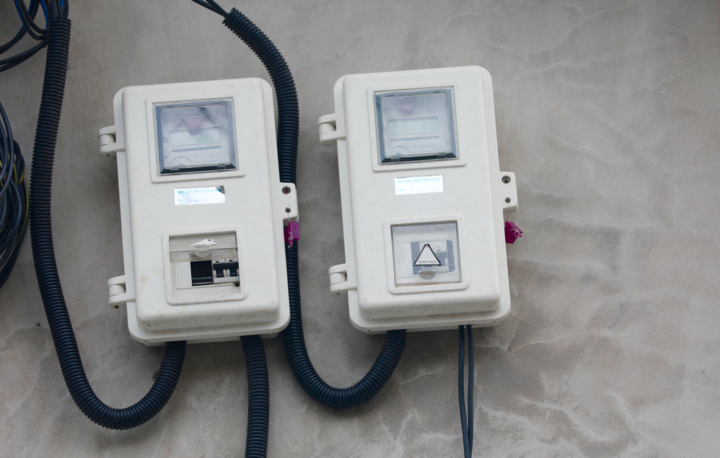Kudirat Kekere-Ekun, acting CJN
Kudirat Kekere-Ekun, the chief justice of Nigeria (CJN), says Nigerians will lose confidence in the judiciary if judges continue to delay execution of cases before them.
The CJN spoke in Abuja on Tuesday at the third annual National Judicial Council (NJC) conference on judges’ performance evaluation.
Kekere-Ekun expressed concerns over the increase in the number of pending cases in courts and the low rate of disposition of suits among judges.
“We must be deeply concerned by the increase in the number of pending cases and low disposition rates,” she said.
Advertisement
“As of the first quarter of 2024, we had a total of 243,253 cases pending in our superior courts of record, exclusive of the supreme court.
“This total is comprised of 199,747 civil cases and 43,506 criminal cases.
“At the last meeting of the committee, there was a reduction in case disposal as some judicial officers failed to deliver a single judgment in one quarter. This is simply unacceptable.
Advertisement
“It is imperative for all of us to take a serious note of this alarming situation, and for this purpose, we must re-focus our attention towards enhancing our judicial performance.”
The CJN encouraged judicial officers to explore the use of information technology and case management innovations to enhance judicial performance.
She also advocated for the use of alternative dispute resolution, such as mediation and arbitration, which promote faster case resolution to alleviate the workload on judges.
“My Lords, ladies and gentlemen, we cannot wish away the growing backlog of cases or expect a different result when we continue to do things the same way,” the CJN said.
Advertisement
“Unless we can justly, speedily, and effectively execute our roles as judicial officers, the populace will lose their confidence in the judiciary, as it is mostly believed, rightly or wrongly, that the judicial process is often painstakingly slow and tedious. Delayed justice is denied justice.
“The introduction of digital case management systems, the judicial performance evaluation software (JPES), virtual courtrooms, e-filing systems, digital databases, web seminars, online meetings, and advanced research engines provide a myriad of tools for efficiency in case disposition.”
Add a comment









